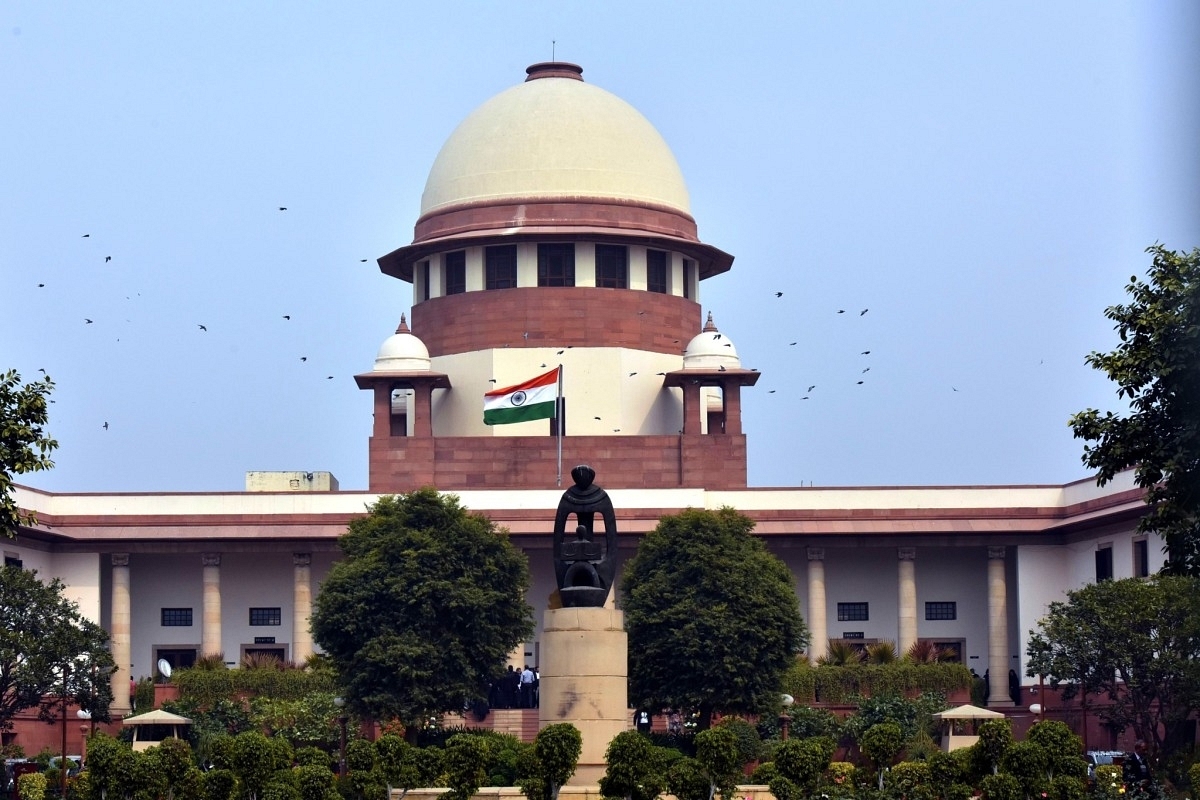News Brief
Supreme Court To Hear Petitions On Criminalisation Of Marital Rape

The Supreme Court of India
The Supreme Court said on Wednesday (19 July) that a batch of petitions regarding the criminalisation of marital rape will be heard by a three-judge bench.
This will take place after the Constitution benches have concluded hearing other listed pleas.
Currently, a five-judge Constitution bench, headed by the Chief Justice, is hearing pleas related to the regulations on granting driving licences for different types of vehicles under the Motor Vehicle Act.
The hearing for the petitions regarding the abrogation of Article 370, which granted special status to the former state of Jammu and Kashmir, is also scheduled.
The top court in March had set 9 May to hear petitions concerning marital rape.
Previously, on 16 January, the apex court requested the Centre to respond to the petitions regarding the criminalisation of marital rape and the provision in the Indian Penal Code (IPC) that protects husbands from prosecution for forced sexual intercourse if the wife is an adult.
Solicitor General Tushar Mehta, representing the Centre, acknowledged the legal and social implications of the issue at the time and expressed the government's intention to file a response to the petitions.
One of the appeals has been filed in relation to the split verdict of 11 May 2022 delivered by the Delhi High Court. It is filed by a woman who was one of the petitioners before the Delhi High Court.
However, two judges of the High Court, Justice Rajiv Shakdher and Justice C Hari Shankar, had agreed to grant a certificate of leave to appeal in the Supreme Court. They believed that the matter involved substantial questions of law that required a decision from the top court.
Justice Shakdher, who headed the division bench, supported striking down the marital rape exception as unconstitutional. He expressed concern that it would be tragic if a married woman's call for justice is not heard even after 162 years since the enactment of the IPC.
On the other hand, Justice Shankar argued that the exception under the rape law is not unconstitutional and is based "on an intelligible differentia."
A man has filed a plea against the Karnataka High Court verdict that allowed his prosecution for allegedly raping his wife.
Last year, on 23 March, the Karnataka High Court stated that exempting husbands from rape and unnatural sex allegations by their wives goes against Article 14 of the Constitution, which guarantees equality before the law.
A set of public interest litigations (PILs) have been filed challenging the constitutionality of the marital rape exception under Section 375 IPC (rape). These pleas argue that the exception discriminates against married women who are sexually assaulted by their husbands.
According to Section 375 of the IPC, sexual intercourse or sexual acts by a man with his wife, who is not a minor, are not considered rape.
Support Swarajya's 50 Ground Reports Project & Sponsor A Story
Every general election Swarajya does a 50 ground reports project.
Aimed only at serious readers and those who appreciate the nuances of political undercurrents, the project provides a sense of India's electoral landscape. As you know, these reports are produced after considerable investment of travel, time and effort on the ground.
This time too we've kicked off the project in style and have covered over 30 constituencies already. If you're someone who appreciates such work and have enjoyed our coverage please consider sponsoring a ground report for just Rs 2999 to Rs 19,999 - it goes a long way in helping us produce more quality reportage.
You can also back this project by becoming a subscriber for as little as Rs 999 - so do click on this links and choose a plan that suits you and back us.
Click below to contribute.
Latest